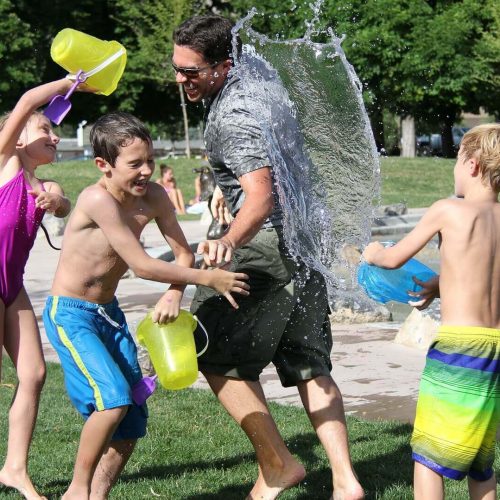P.A.C.E. & Trauma Informed Care
The PACE model is now recognised as an effective model of care for fostering agencies, residential settings and schools. It is our most sort after course, with consistently outstanding feedback. PACE has helped thousands of participants understand the children in their care on a much deeper level, whilst also learning how their own thoughts, feelings and needs impact their communication patterns.
All Courses Delivered by Zoom
Book All five Open Courses or Group Courses and pay upfront for a 10% discount
Core PACE Courses for Individuals
Core PACE Courses for Groups
Your P.A.C.E. Courses
Click boxes for more information

Additional Courses
PACE in Practice - Open Courses (price per person)
-

Positive Behaviour & De-escalation Skills (with Playfulness from PACE) (2/5) OPEN COURSE
£35.00 3 hours -

Trauma-Informed Care (with Acceptance from PACE)(3/5): OPEN COURSE
£35.00 3 hours -

Conversations for Change (with Curiosity from PACE)(4/5): OPEN COURSE
£35.00 3 hours -

Compassion Fatigue, Co-Regulation & Attachment (with Empathy from PACE)(5/5): OPEN COURSE
£35.00 3 hours
PACE in Practice - for Groups of up to 25 (price is per course)
-
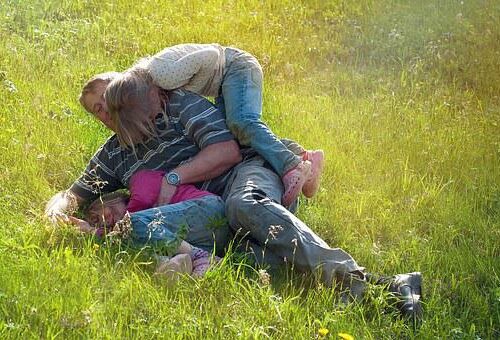
Promoting Positive Behaviour & De-escalation Skills (with Playfulness from PACE) (2/5) (Zoom)
From: £370.00 3 hours -
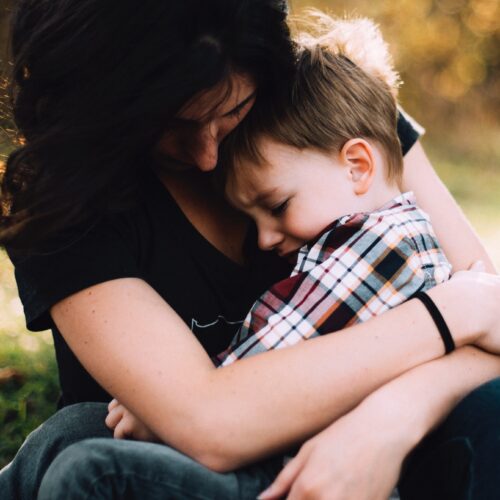
Trauma-Informed Care (with Acceptance from PACE)(3/5) (Zoom)
From: £370.00 3 hours -
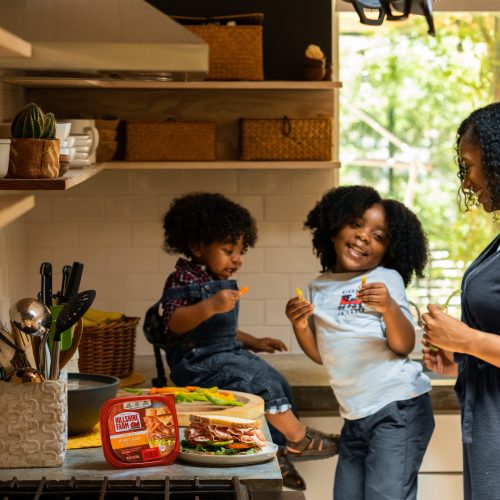
Conversations for Change (with Curiosity from PACE) (4/5) (Zoom)
From: £370.00 3 hours -
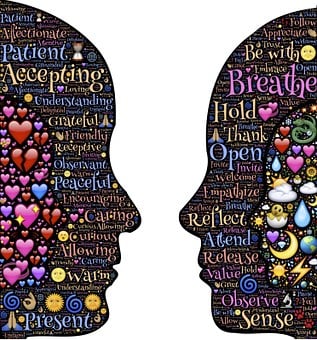
Compassion Fatigue, Co-Regulation & Attachment (with Empathy from PACE) (5/5)(Zoom)
From: £370.00 3 hours
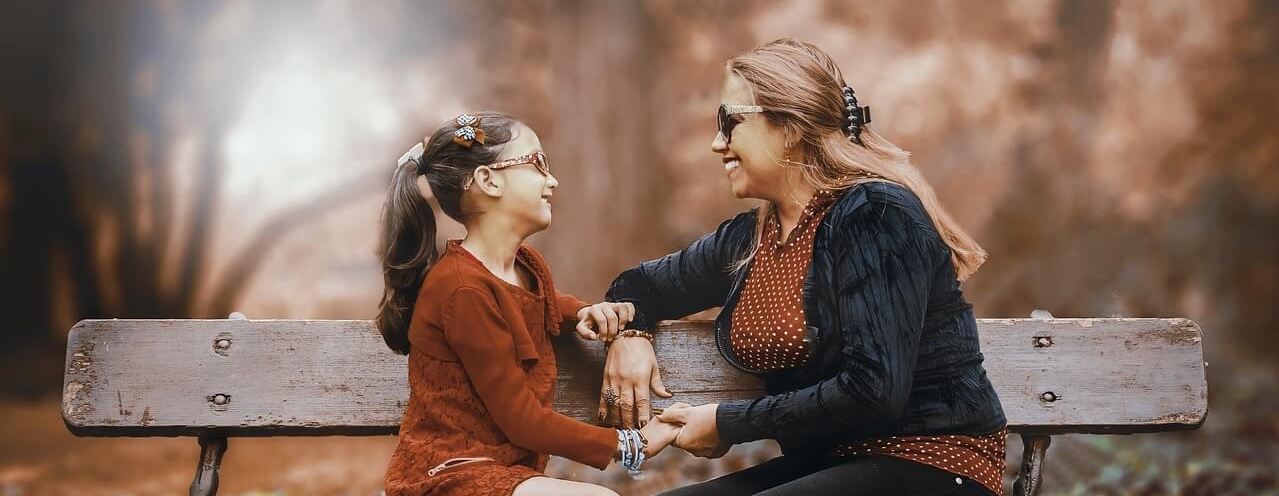
What is PACE training?
PACE training is needed to enable social care professionals to offer truly Therapeutic Care to children with complex needs.
Developed by the Clinical psychologist Dan Hughes, the PACE model of Playfulness, Acceptance, Curiosity and Empathy helps the key adults around the child to form secure attachments with the child and build a safe space for open communication. This creates the ideal environment for positive behaviour change.
Those seeking to be certified in Dyadic Developmental Psychotherapy (DDP) are invited to visit the founder’s website.
What does PACE stand for?:
Playfulness
Use a light-hearted, reassuring tone - similar to parent-infant interactions - to create an atmosphere of safety and reassurance where no one feels judged, and the child can cope with positive feelings.
Acceptance
Acceptance is about actively communicating that you accept the feelings, thoughts and internal struggles underneath the child's outward behaviour. It is not about accepting the behaviour but helping teach the child not to feel ashamed of their inner turmoil.
Curiosity
Curiosity, without judgement, is how we help children become aware of their inner life. It's about wondering out loud without necessary expecting an answer in return. Phrases like "I wonder if..." will help the child to name their thoughts and emotions.
Empathy
Feeling a child's sadness or distress and being emotionally available to them during times of difficulty shows the child that they are not alone and that the adult is strong enough to support them.
Post Course Workshop (Optional)
The results of an integrated PACE way of working
- Through Playfulness, you're able to build the relationship.
- Acceptance of a child without judgement helps them to feel better about themselves.
- Using Curiosity helps a child to understand why they do what they do.
- Empathy is a foundation for helping a child start to love themselves.

